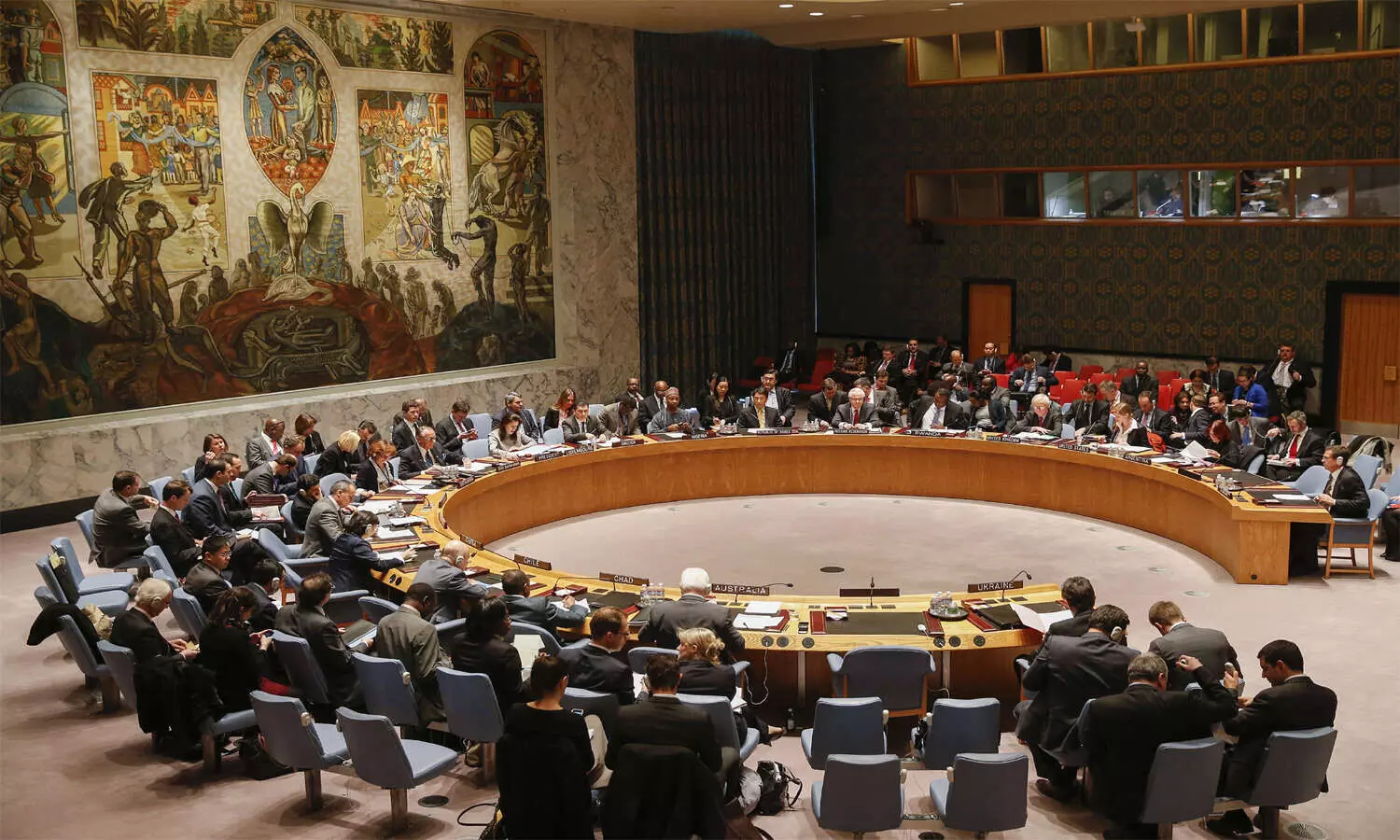TRENDING TAGS :
UN has involved Pak in successful experiments in digital governance, where are we standing?
After Covid, thousands of hospitals were not built overnight anywhere in the world. Many countries have saved numerous lives by the systematic use of technologies and data management by fixing the existing health structure.
During the covid, Indians would have realized that while looking for hospitals, oxygen, medicines, and pleading, Indians could not have created a portal or app with Digital India that, like e-commerce or taxi service, would have based on our geographical location (GPS) that would tell where to find and when to find covid testing centers, hospitals and beds, oxygen, pharmacy, clinics and when?
After Covid, thousands of hospitals were not built overnight anywhere in the world. Many countries have saved numerous lives by the systematic use of technologies and data management by fixing the existing health structure.
See the logic on India's terrible failure, How can 100 crore people be given hospitals? What are the demands of 100 crore people? Active cases in the country (30 lakh on 135 crores, up to April 28, 2021) are less than one percent. They also have 10 percent in need of oxygen and critically treated drugs. There was never a shortage of systems, hospitals, oxygen, and medicines in 29 states.
Nevertheless, emerging superpower and world pharmacy leader India swelled with deaths because we have also proved digitally unlucky. In creating the promotional app, we could not use new technologies in Digital India Covid management as much as countries like Colombia, Macedonia, Kuwait, Saudi Arabia, Pakistan. Health services in tens of countries were helped by the common people by creating dashboards of Twitter information after the crisis
Studies by the United Nations, the World Economic Forum, and McKenji show that the use of digital technologies in information transmission, monitoring, and availability of services resources, infection control, e-health, and patient monitoring changed the way the epidemic was fought.
Germany monitored hospitals, beds, oxygen, and drug supplies from accurate database management. Britain rejuvenated its old national health system and monitored chronic diseases with common cold with experiments such as influenza nets.
South Korea started contactless drive-through testing within two fortnights after Covid, with East Asia and Europe, including Singapore, creating infallible models of contact tracing with google's network. Many countries have streamlined the supply of testing and equipment by connecting their drug stores.
India's health portal could not surpass the figures of the sick, but not only large countries like France, but many countries like Bulgaria, Uganda, Cuba, Afghanistan, Slovakia, Malaysia, Kyrgyzstan, Kuwait, Ethiopia, Greece used technology unmatched. In India, however, there was no mechanism to monitor the supply of oxygen and medicine.
We should be shocked that the United Nations has involved Pakistan in successful experiments in digital governance, whose National Information Technology Board has geographically mapped covid support resources (hospitals, medicines), etc. spread across the country, connecting all needs to an app. Even a mechanism was added to prevent black marketing of the drug.
When 80 telehealth services in the US received emergency approval, Shanghai set up 11 online hospitals, while the CMO's letter was made necessary to buy medicines and oxygen in India. Online pharmacies all over the world are delivering medicines in the blink of an eye but in India people are lining up for injections.
India's health bridge merged with headlines. It had very weak security of information, but authentic studies believe that privacy and privacy were completely protected in digital services created during Covid in most countries. As soon as The Festival of Self-Praise was underway in India, major tech companies and government regulators in many countries were implementing new systems of information management, service delivery, and monitoring as soon as Covid arrived. This preparation changed their way of fighting With Covid.
The epidemic has said that our technological advancement is complete hypocrisy. India's system has not failed, capabilities have not been done. The system is rooted, the lives are the ones who run it, but they use the available technologies for political propaganda and not for making the system. And despite the growing transition, they declared victory. India got involved The Indian Nizam, which is fueled by messages of anger and sorrow, cannot think that through the data that is hidden, we can make a perfect system of resource, infection management, and monitoring. Technology-based models are helping the world, why not plan even now to make the situation better for the future, the litmus test of system and governance is failing on all the fronts, what better we can do is the question of the hour can we still take a stand in the battle, winning is not applicable in the pandemic situation, but who fought bravely and strategically matters the most.



